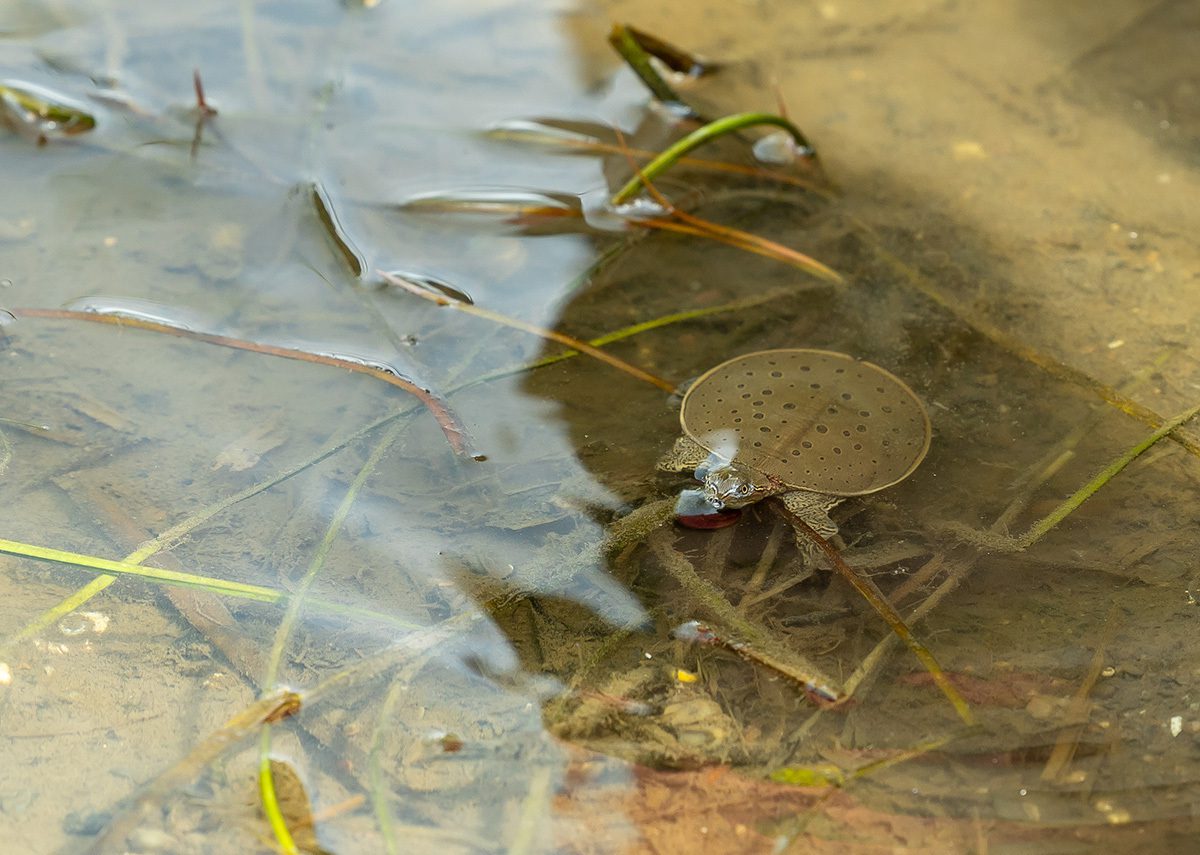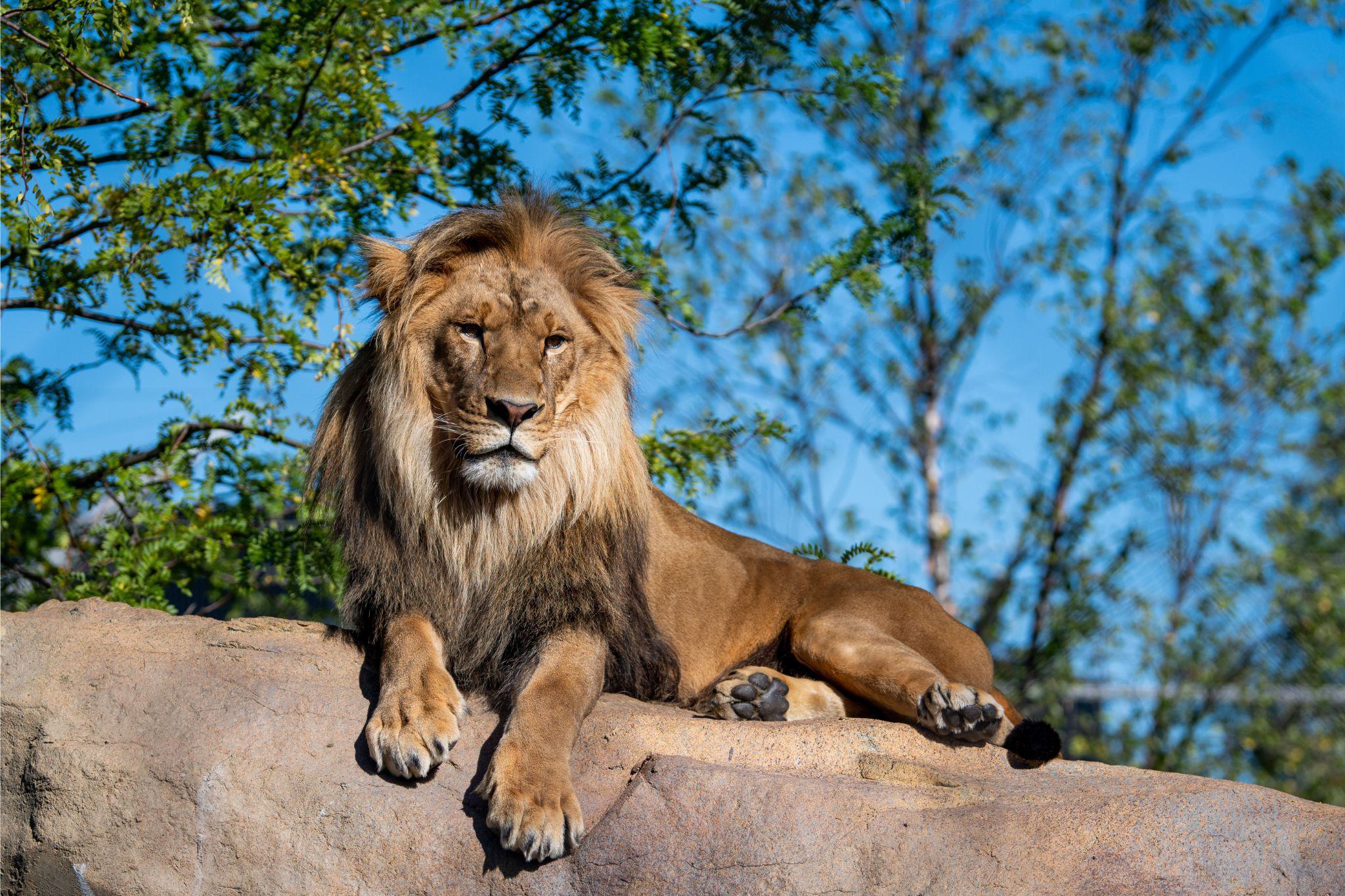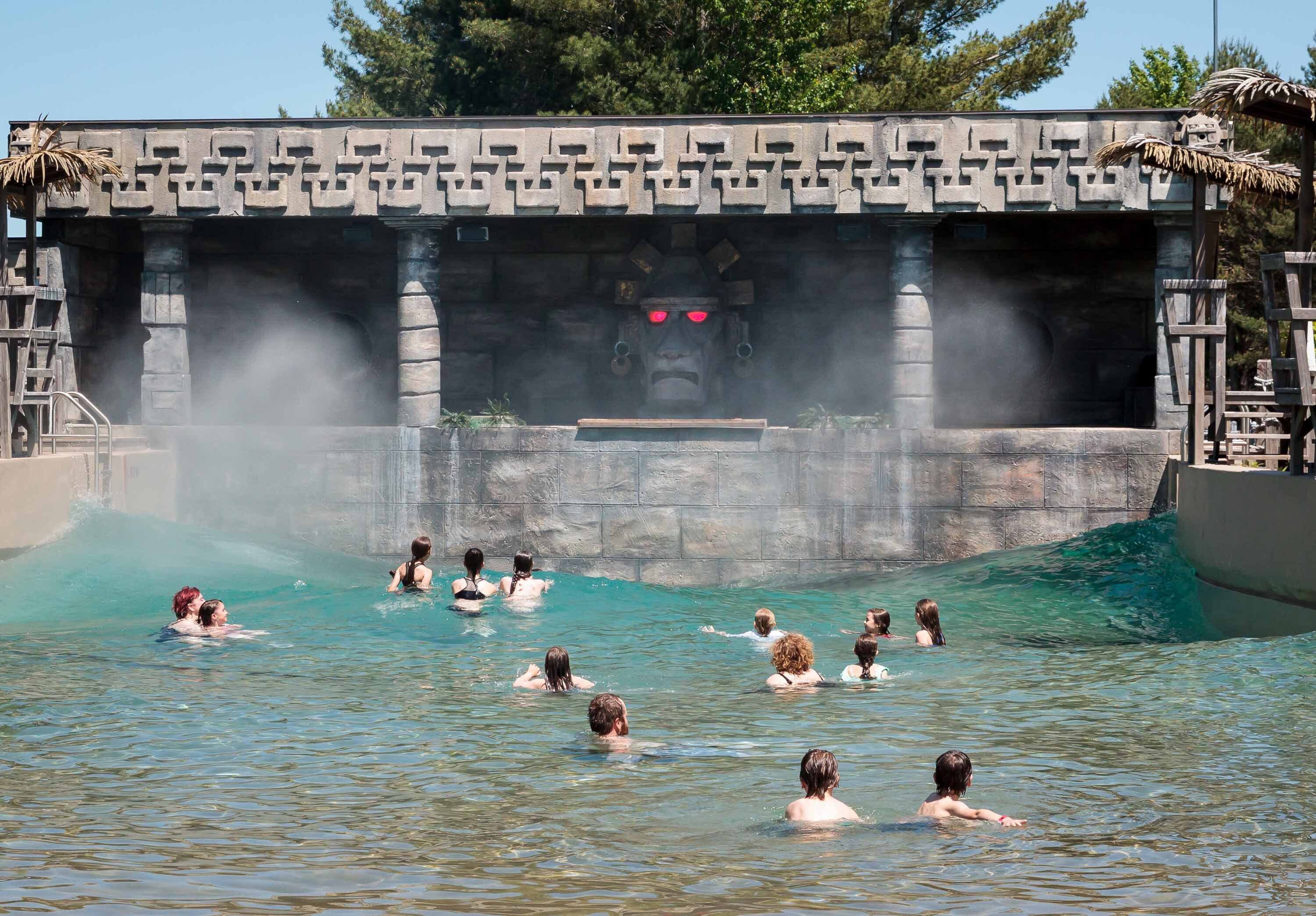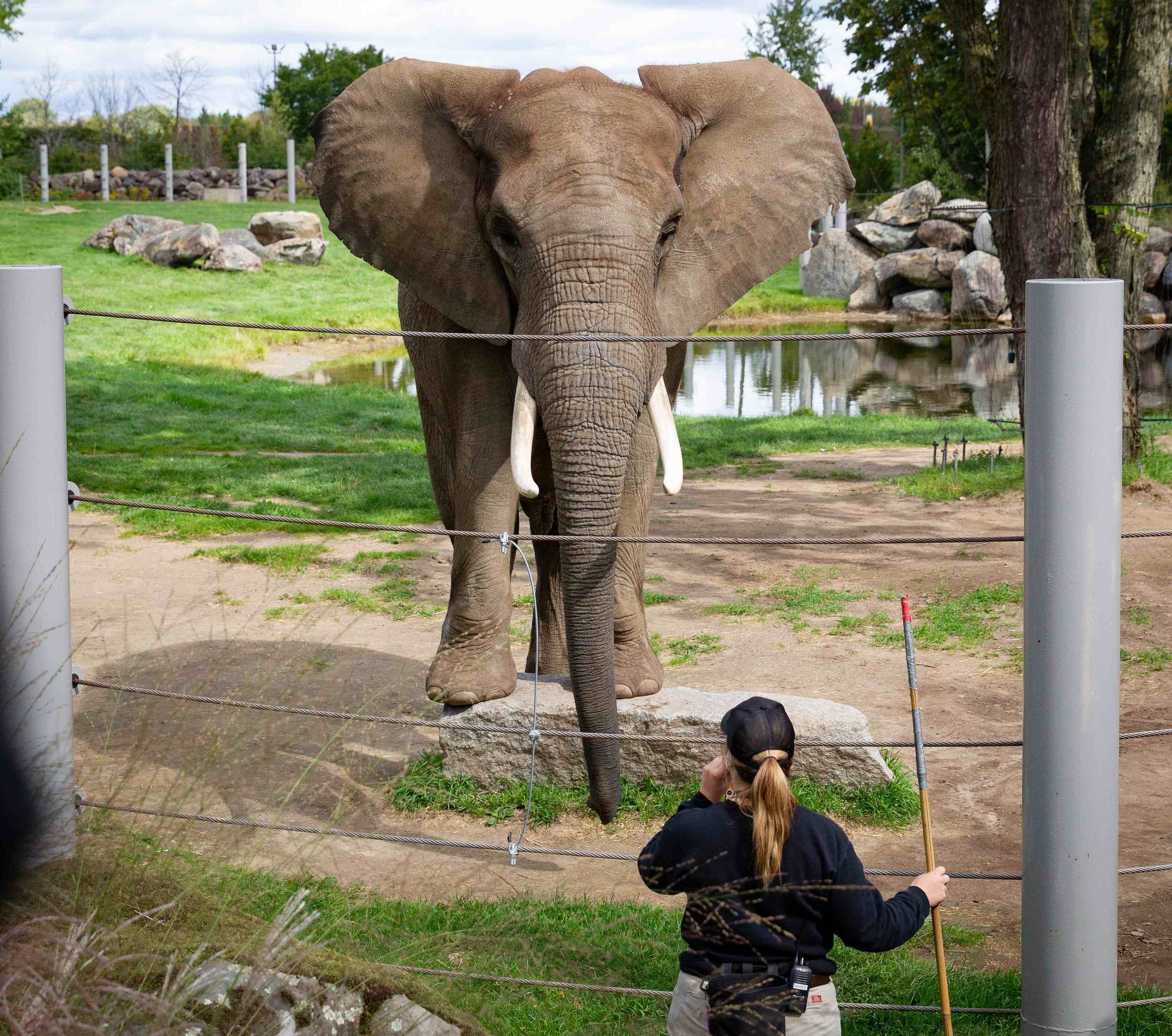Zoo de Granby to the Rescue of Quebec’s Turtles
At the Zoo’s LabNature, the incubators are running at full speed: around thirty turtle nests are being gently warmed at constant humidity, safe from external threats like flooding, predation, and human disturbance. In total, nearly 500 eggs were carefully collected by our biologists in 2025, giving rise to the next generation, another chance for survival into adulthood.
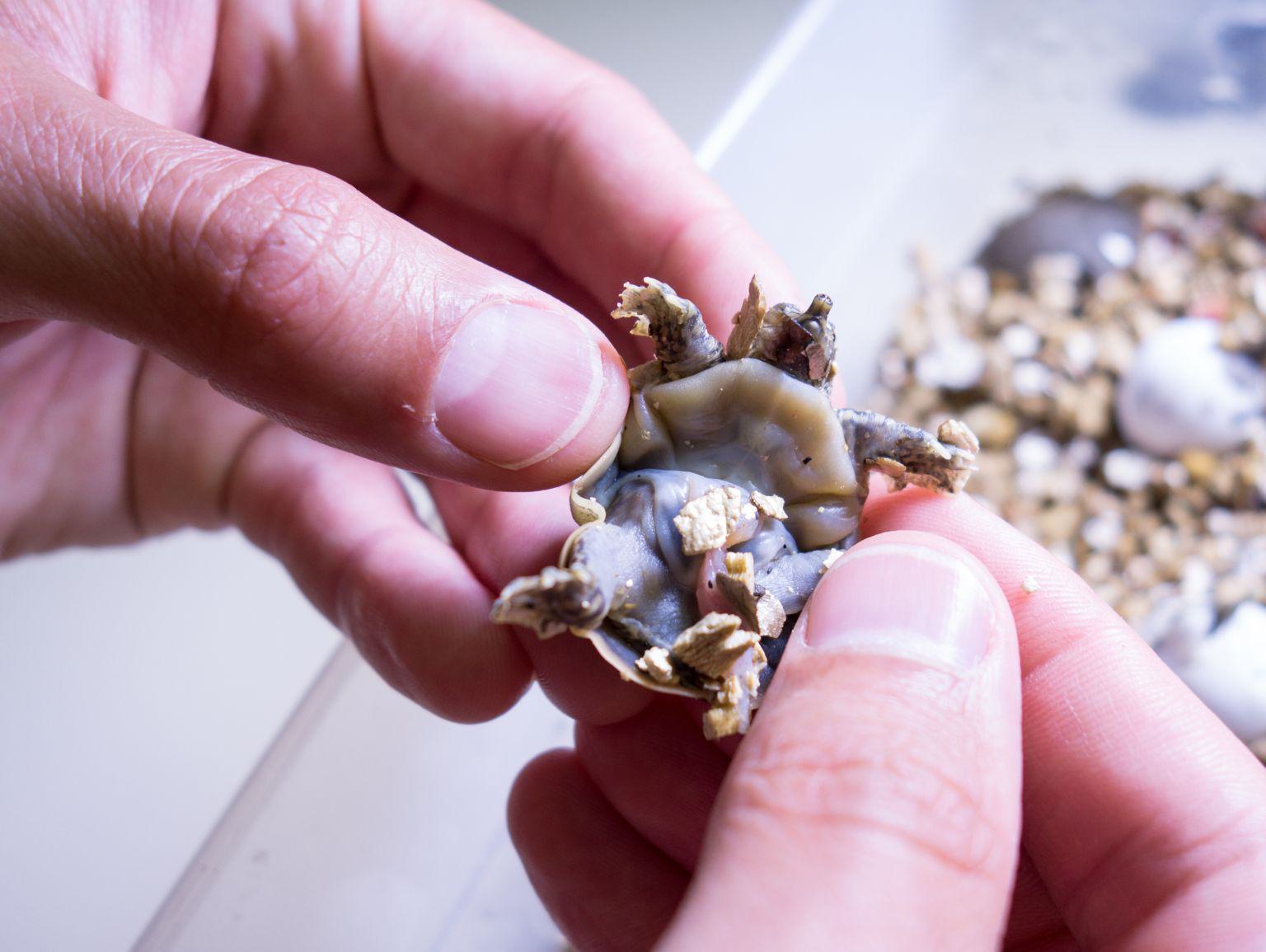
Threatened by habitat loss, road collisions, predators, and climate change, Quebec’s turtles are among the most vulnerable species in our wildlife. For several years, Zoo de Granby has been taking concrete action to ensure their protection. Three species in particular benefit from its sustained efforts: the spiny softshell turtle, the wood turtle, and the northern map turtle.
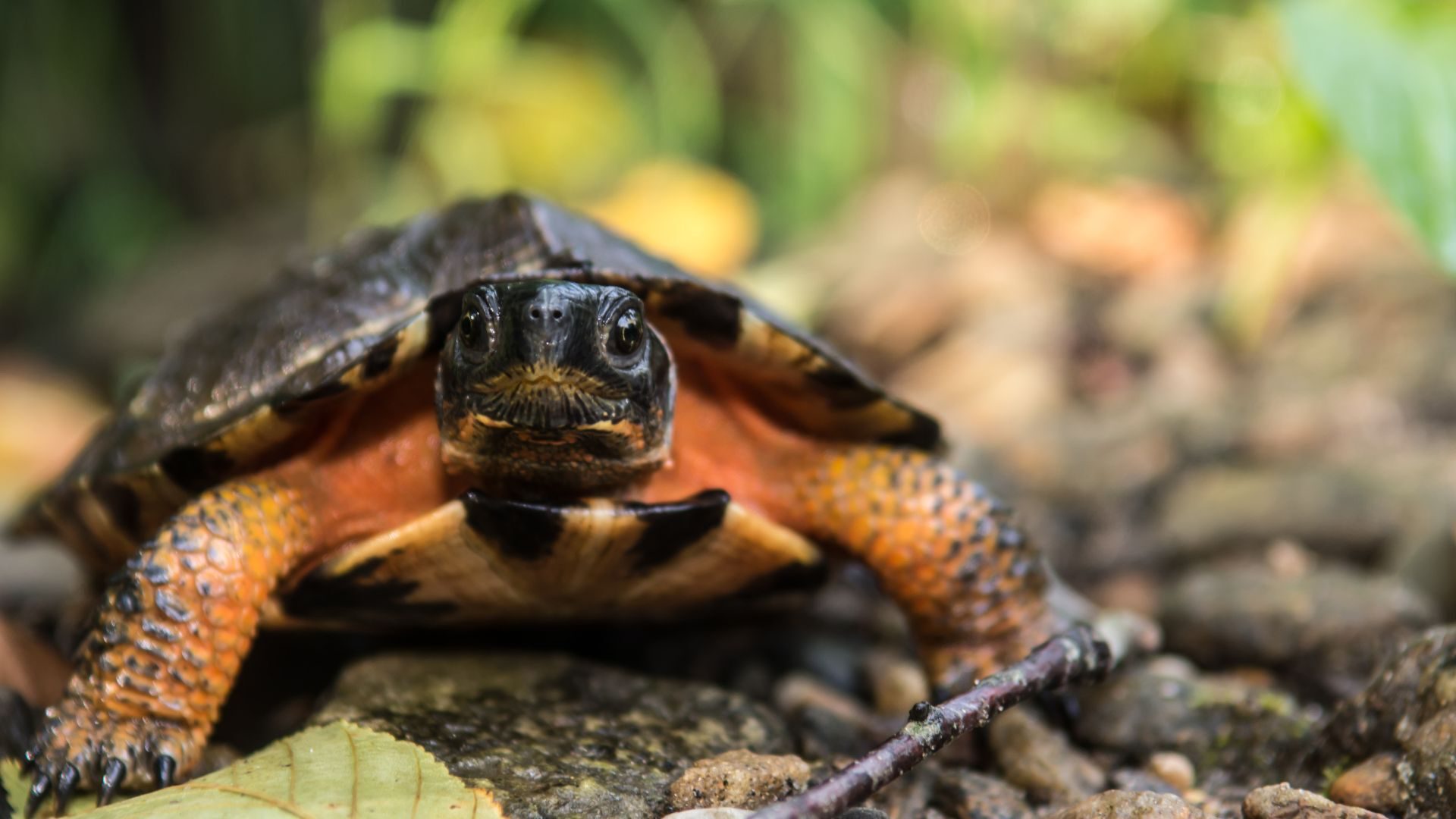
Saving the Spiny Softshell Turtle, A Race Against Time
Listed as endangered in Quebec, the spiny softshell turtle is now found in only one area of the province, around the Pike River. Since 2009, Zoo de Granby has been actively working to save the species by collecting nests in the wild and incubating the eggs in a controlled environment.
Thanks to this careful work, nearly 2,500 young turtles have been released into the wild to date. In 2023 alone, 12 nests were collected, totaling 227 eggs, of which 209 successfully hatched, an impressive 92% success rate.
But the Zoo’s efforts go beyond incubation. The team also raises awareness among shoreline residents and boaters to protect nesting habitats.
Since 2014, twelve shoreline property owners have been engaged in preserving sensitive habitats. In 2023, a wide-reaching awareness campaign reached over 1,500 boaters, with 81% committing to reduce their speed in areas frequented by turtles.
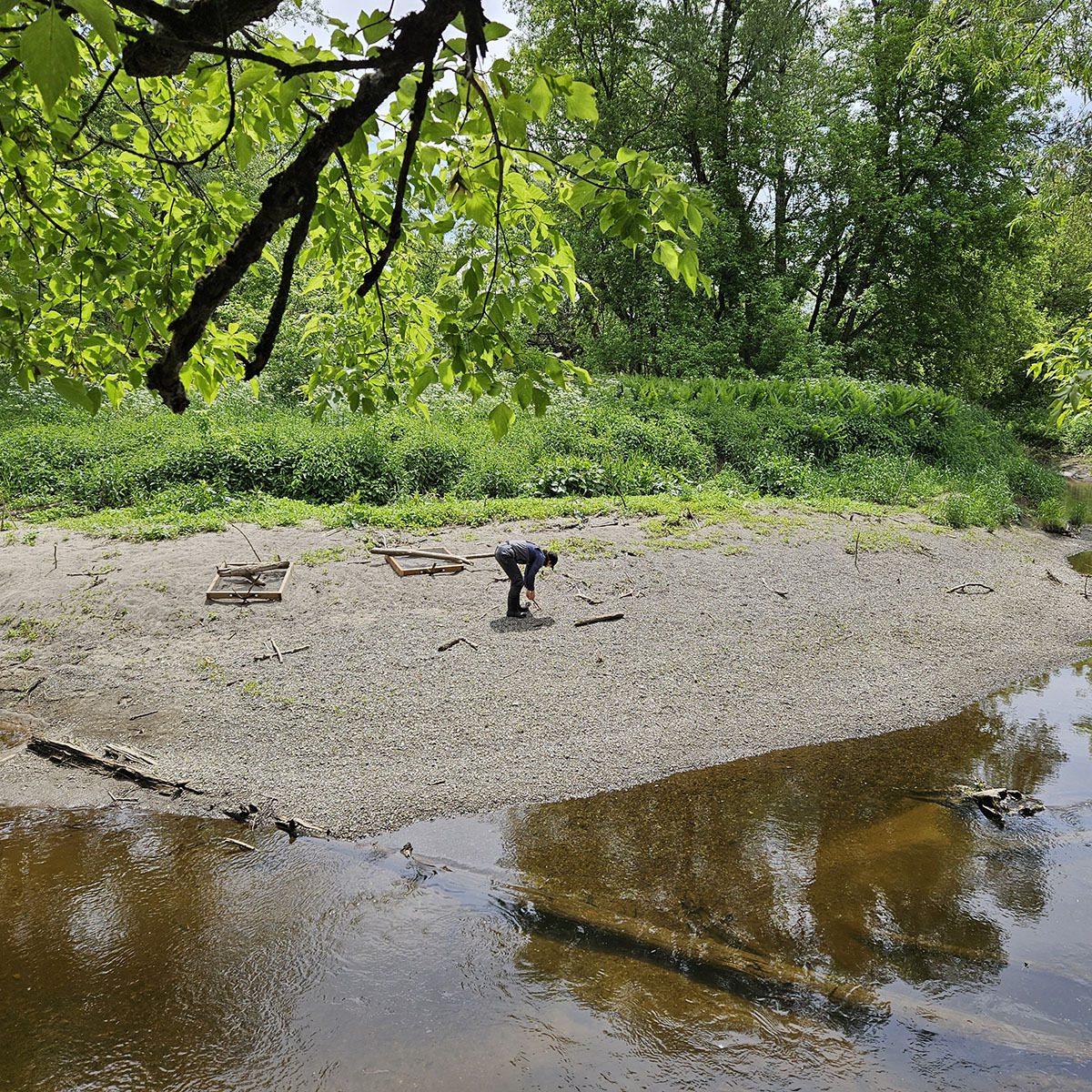
Protecting the Wood Turtle, A Vulnerable Species in Decline
Since 2017, Zoo de Granby has also been working to protect the wood turtle, a species designated as vulnerable in Quebec.
Thanks to partnerships with regional stakeholders, nesting site surveys are conducted each season to identify key areas and monitor females. In 2023, six nests were discovered using surveillance cameras, more than 97,000 photos were reviewed by the team and were protected using wire mesh to prevent predation.
Last summer, nine wood turtle eggs were also incubated at the Zoo in collaboration with COGESAF, resulting in the successful hatching and release of six juveniles. In 2024, five additional nests have already been secured for incubation.
To reinforce these efforts, the Zoo recently obtained $175,000 in funding under the Faune en danger (Endangered Wildlife) program, bringing the total project budget to more than $250,000 over the next four years.
This collaborative project brings together over ten partners, including Environment and Climate Change Canada, UPA Montérégie, CRE Montérégie, and several watershed organizations.
On the ground, the team works closely with farmers to protect nesting areas, suggest safer practices (such as raising the height of mowers), and create riparian buffer zones.
Fifteen landowners are now involved in this conservation effort, including nine new collaborations established in 2024.
Supporting the Northern Map Turtle
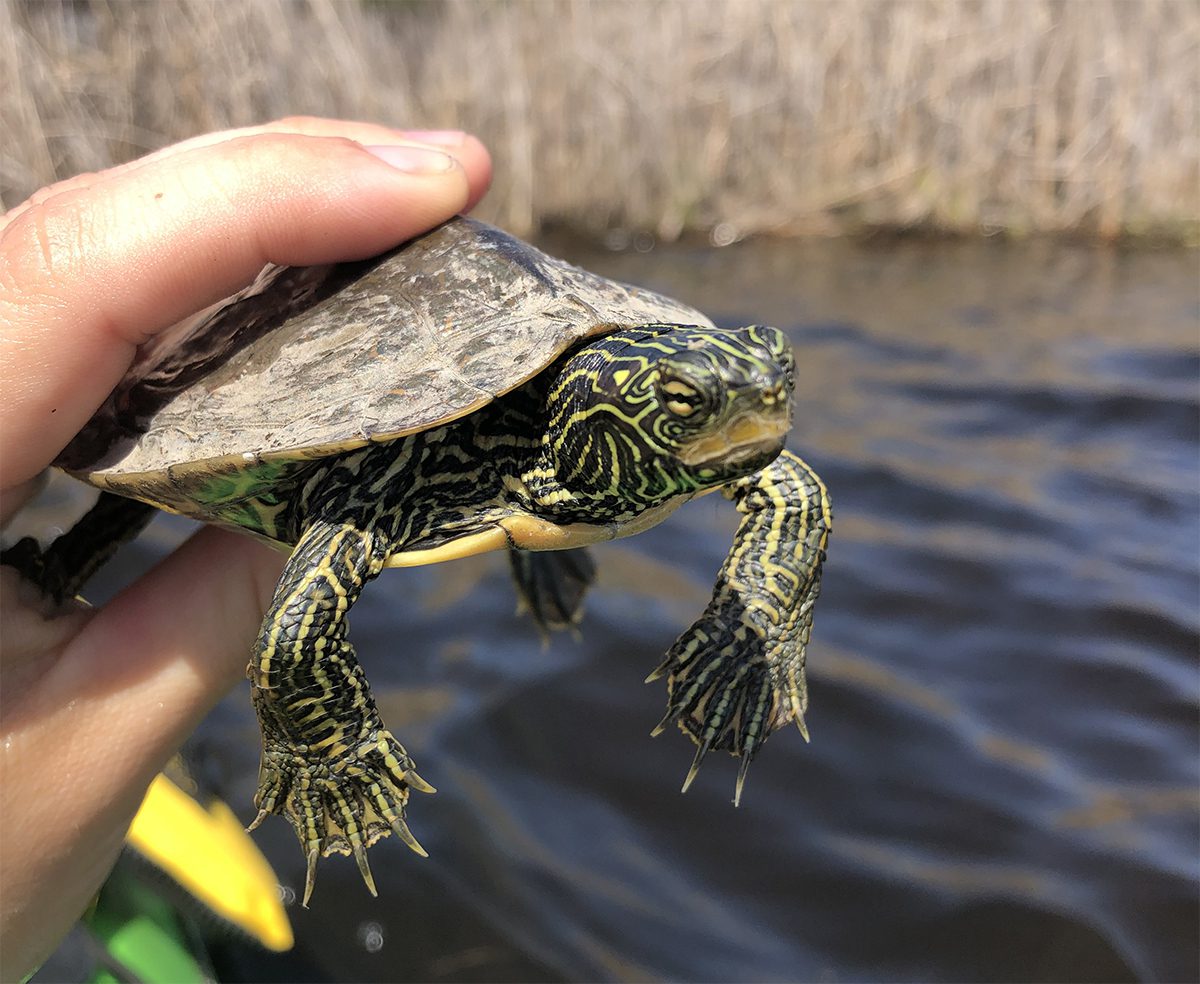
In recent years, the northern map turtle has also benefited from Zoo de Granby’s work. Several conservation measures put in place for the other two species, such as nest protection, artificial incubation, and habitat restoration, also help ensure the survival of this vulnerable species.
The Zoo is also proud to lead a new project in collaboration with the Nature Conservancy of Canada to protect the northern map turtle in western Montreal.
This species, vulnerable in Quebec, is declining due to road and boat collisions, high predation rates, and the flooding of nesting sites. The conservation team is active on four known nesting sites in the Montreal area to locate and protect nests.
Wire mesh is installed to shield nests from predators, but if flood risk is too high, eggs are relocated to LabNature for safe incubation.
Zoo de Granby also encourages the public to help protect all turtle species by reporting sightings on the Carapace.ca platform.
This citizen science database helps better target conservation actions and document turtle populations across Quebec.
